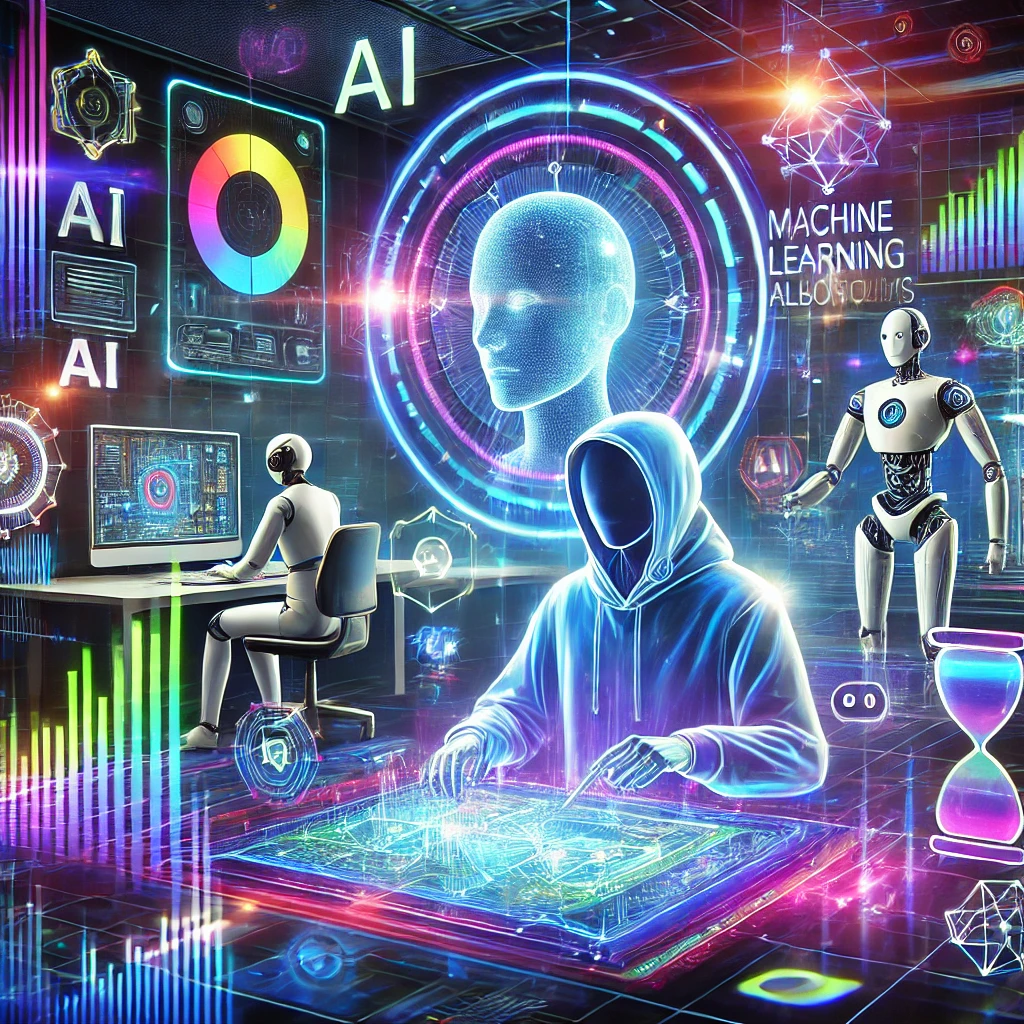25 January 2025
PulseTech Innovation Center

Artificial Intelligence (AI) is no longer a futuristic concept—it is a cornerstone of modern innovation, transforming industries ranging from healthcare to finance. Among the architects of this transformation, AI Engineers stand out as the masterminds who design, build, and deploy intelligent systems. This article delves into the role of an AI Engineer, offering insights into their responsibilities, required skills, and career prospects.
What Does an AI Engineer Do?
An AI Engineer is responsible for creating intelligent systems that can mimic human-like decision-making processes. Their work involves:
- Designing AI Models: Building machine learning and deep learning models tailored to specific use cases, such as predictive analytics or natural language processing.
- Data Management: Collecting, cleaning, and analyzing large datasets to train AI systems effectively.
- Algorithm Development: Innovating new algorithms or optimizing existing ones to improve system performance.
- Integration and Deployment: Implementing AI solutions into real-world applications across industries like healthcare, finance, and retail.
AI Engineers work in close collaboration with data scientists, software developers, and business strategists to align technical solutions with organizational goals.
Essential Skills for an AI Engineer
Becoming an AI Engineer requires a blend of technical expertise and problem-solving capabilities. Key skills include:
Technical Skills
- Programming Proficiency: Mastery of languages such as Python, Java, and R is critical, along with familiarity with frameworks like TensorFlow and PyTorch.
- Machine Learning and Deep Learning: Expertise in designing neural networks and implementing algorithms like regression, clustering, and reinforcement learning.
- Data Engineering: Skills in managing and processing large datasets using tools like Hadoop, Spark, and SQL.
- Cloud Computing: Knowledge of platforms like AWS, Google Cloud, and Microsoft Azure for deploying scalable AI models.
- Cybersecurity: Awareness of the risks and safeguards necessary for AI implementations.
Soft Skills
- Communication: The ability to translate technical jargon into actionable insights for stakeholders.
- Critical Thinking: Innovative problem-solving to address complex challenges in AI deployment.
- Team Collaboration: Working seamlessly with multidisciplinary teams.
Why Pursue a Career as an AI Engineer?
The demand for AI Engineers is skyrocketing globally, driven by rapid technological adoption. Some reasons to consider this career path include:
- High Demand: Industries across Europe, the USA, and India are actively recruiting AI Engineers to drive digital transformation.
- Attractive Salaries: Average annual salaries range from $120,000 in the USA to competitive packages in Europe and India.
- Career Growth: Opportunities to advance into leadership roles or specialize in areas like robotics, natural language processing, or computer vision.
AI Engineer and Business Transformation
AI Engineers play a pivotal role in initiatives like:
- Technology Consulting Services: Guiding enterprises in integrating AI into their operations.
- Digital Transformation Solution: Driving automation and operational efficiency through AI-powered tools.
- Custom Software Development: Developing tailored AI solutions for unique business needs.
- Global Tech Expertise: Leveraging advanced AI methodologies to solve complex global challenges.
Industries Benefiting from AI Engineers
AI Engineers contribute to sectors such as:
- Fintech and Healthcare Tech Solutions: Enhancing financial risk analysis and enabling breakthroughs in diagnostics.
- Cloud and Cybersecurity Innovations: Creating secure and scalable AI systems.
- Business Technology Integration: Seamlessly merging AI with existing business technologies.
How to Become an AI Engineer
- Educational Pathway: Obtain a bachelor’s degree in computer science, mathematics, or engineering, followed by specialization in AI through certifications or advanced degrees.
- Hands-On Experience: Participate in projects, hackathons, and internships to build a strong portfolio.
- Continuous Learning: Stay updated with the latest advancements in AI and machine learning.
The Future of AI Engineering
AI Engineers are at the forefront of a global shift toward intelligent automation. Whether you aim to innovate in Europe, explore opportunities in the USA, or contribute to India’s booming tech sector, this career offers a unique blend of creativity, innovation, and impact.
In conclusion, AI Engineers are essential players in shaping the future of technology. By blending technical expertise with strategic thinking, they drive innovation that transforms industries and improves lives. If you’re passionate about solving complex problems and shaping the future, a career as an AI Engineer might be your perfect match.

